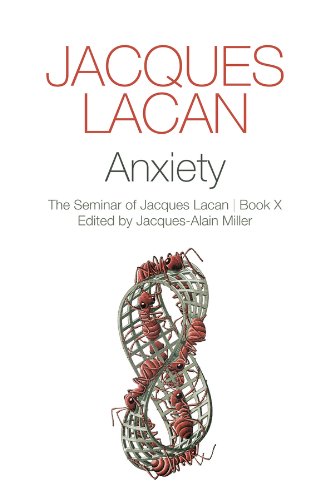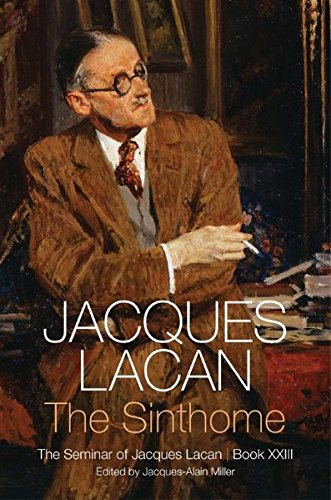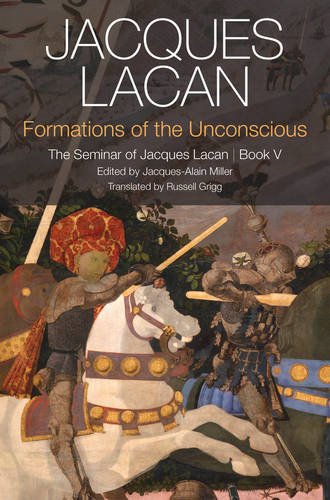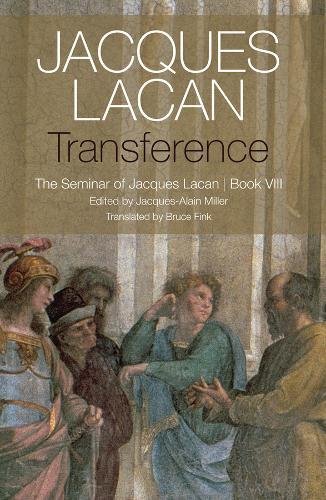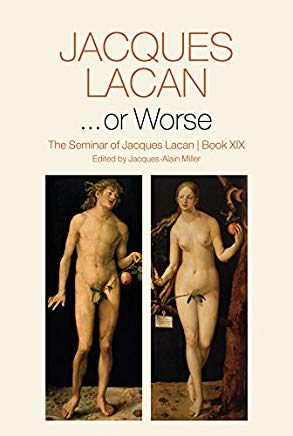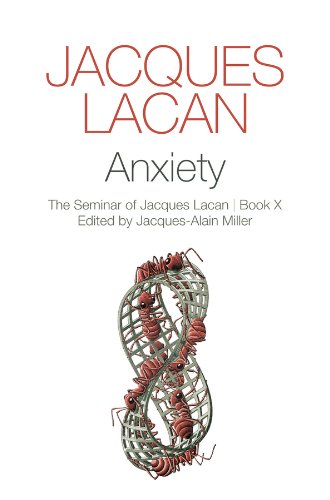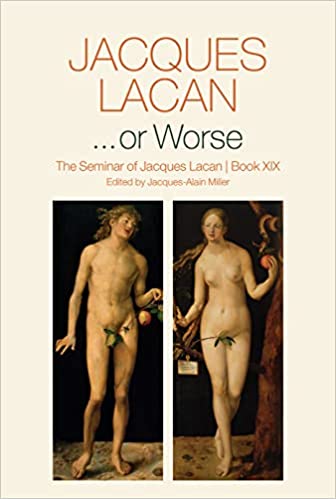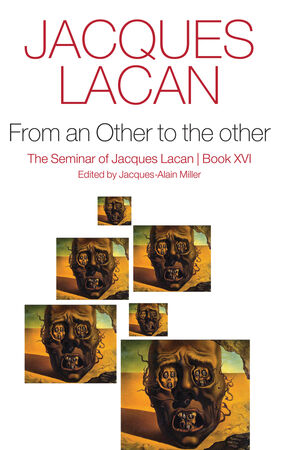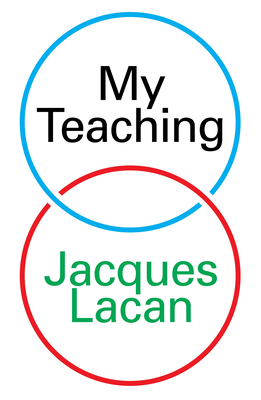Jacques Lacan
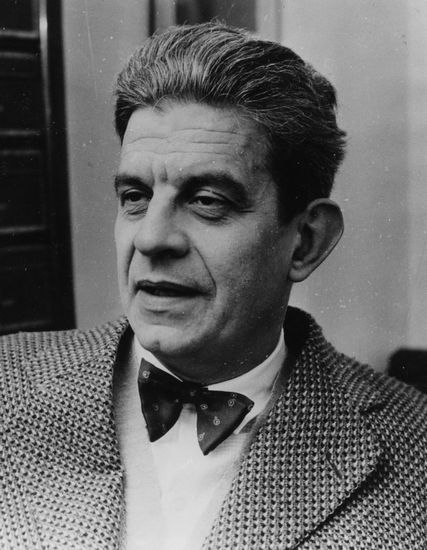
Jacques Lacan (1901-1981) came to psychoanalysis by way of medicine and psychiatry. In 1951 he turned his attention to the training of analysts, and this was one of the issues which led him and his circle to part company with the Société Psychanalytique de Paris. He became, in 1953, the first President of a new group, the Société Française de Psychanalyse, whose declared aim was a return to the true teaching of Freud. Eleven years later the Société Française was dissolved and, under Lacan's direction, gave birth to the École Freudienne de Paris. Jacques Lacan was a practising psychoanalyst and teacher up until his death in 1981.
The Four Fundamental Concepts of Psycho-Analysis
Dr Lacan's writings, and especially the seminars for which he has become famous, have provoked intense controversies in French analytic circles, requiring as they do a radical reappraisal of the... (more)
The Triumph of Religion
"I am the product of priests", Lacan once said of himself. Educated by the Marist Brothers (or Little Brothers of Mary), he was a pious child and acquired considerable, personal knowledge of the... (more)
On the Names-of-the-Father
'What astonishing success The Name-of-the-Father has had! Everyone finds something in it. Who one's father is isn't immediately obvious, hardly being visible to the naked eye. Paternity is first and... (more)
Anxiety: The Seminar of Jacques Lacan, Book X
Jacques Lacan is widely recognized as a key figure in the history of psychoanalysis and one of the most influential thinkers of the 20th Century. In this new translation of Anxiety, he explores the... (more)
The Sinthome: The Seminar of Jacques Lacan: Book XXIII
"Ten times, an elderly grey-haired man gets up on the stage. Ten times puffing and sighing. Ten times slowly tracing out strange multi-coloured arabesques that interweave, curling with the meanders... (more)
Formations of the Unconscious: The Seminar of Jacques Lacan: Book V
'When I decided to explore the question of Witz, or wit, with you this year, I undertook a small enquiry. It will come as no surprise at all that I began by questioning a poet. This is a poet who... (more)
Ecrits: A Selection
Jacques Lacan has had a major influence on contemporary discourse. This translation of selected writings from his famous work offers access to nine of his most significant contributions to... (more)
Ecrits: A Selection
New edition in the 'Routledge Classics' series. Includes papers on the mirror phase, the function of language, the role of the phallus, and many other key Lacanian concepts. 376 pages. (more)
The Seminar of Jacques Lacan II: The Ego in Freud's Theory and in the Technique of Psychoanalysis, 1954-1955
Discusses the Real, Imaginary and Symbolic, the relation of the symbol and the machine, repetition, and Edgar Allan Poe's 'The Purloined Letter'.
The Seminar of Jacques Lacan III: The Psychoses, 1955-56
Examines the distinction between the neuroses and the psychoses, with particular reference to the case of Daniel Paul Schreber.
The Seminar of Jacques Lacan VII: The Ethics of Psychoanalysis, 1959-60
Includes discussion of the problem of sublimation, the paradox of jouissance, and the essence of tragedy.
...or Worse: The Seminar of Jacques Lacan
'A chance meeting of a sewing machine and an umbrella. The impossible face-off between a whale and a polar bear. One was devised by Lautr amont; the other punctuated by Freud. Both are memorable. Why... (more)
Anxiety: The Seminar of Jacques Lacan: Book X
Jacques Lacan is widely recognized as a key figure in the history of psychoanalysis and one of the most influential thinkers of the 20th Century. In this new translation of Anxiety, he explores the... (more)
...or Worse: The Seminar of Jacques Lacan, Book XIX
"A chance meeting of a sewing machine and an umbrella. The impossible face-off between a whale and a polar bear. One was devised by Lautréamont; the other punctuated by Freud. Both are memorable. Why... (more)
From an Other to the other, Book XVI
Sollers once wrote that, to him, Claudel was first and foremost the man who wrote, “Paradise is around us at this very moment, all its forests attentive like a great orchestra that invisibly adores... (more)
My Teaching
Bringing together three previously unpublished lectures presented to the public by Lacan at the height of his career, and prefaced by Jacques-Alain Miller, My Teaching is a clear, concise... (more)





